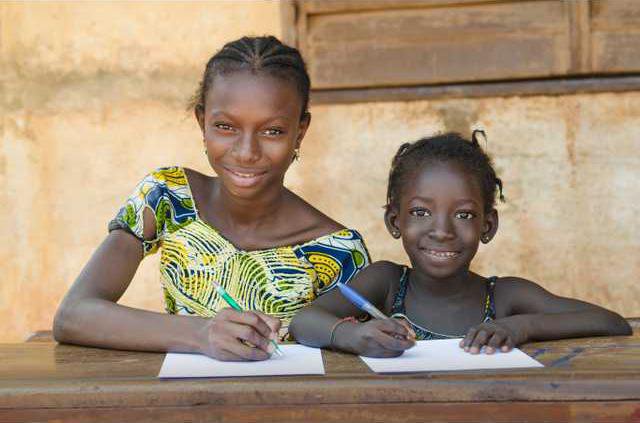"Is your job depressing?"
People ask me this a lot when I tell them what I do: I write stories about causes, from hunger to homelessness to child marriage.
I'm always a little taken aback, because I don't think of my job that way at all. It's a great time to be covering issues related to the poor. Some of the world's greatest minds are combining with technology and connectivity to solve major world problems. And it's working. No really. It's working.
I was especially reminded of this during the Social Good Summit, part of UN Week earlier this year while l was in New York. A few statistics came up during that week that illustrate what I'm talking about.
For example, since 1990, the percentage of children who die before they turn 5 has dropped by half, as has the number of mothers who die from childbirth complications, according to the World Health Organization.
There are also fewer people living in poverty than ever before in human history, and many of those gains have been made rapidly in the last 20 years. The number of people living in abject want ($1.25 a day) has declined from 40 percent of the world's population to just 14 percent since 1981, according to the World Bank.
Add worldwide declines in diseases, like measles, tuberculosis and polio, as well as a steady drop in the number of deaths from war, and that's a lot of human progress. In fact, there's evidence that last year was the best in human history in terms of saving lives and stopping suffering.
How did we do it? A lot of factors have come into play. Technology brings us lifesaving breakthroughs, and it helps us spread them quickly on a large scale. The spread of democracy makes governments more accountable to citizens and more stable. Perhaps most hopeful is that nations, institutions and individuals care more and are donating more than ever. It's easy to be cynical about big-name and celebrity do-gooders, but many of them are smart enough and connected enough to put their resources behind the best and brightest in their fields.
There are some issues that we have hardly moved the needle on. Heartbreaking stories of refugees and sex trafficking are on the uptick. But citizens and people in powerful places are talking about them and acting on them.
After a day of listening to thinkers and leaders at the Social Good Summit, I was inspired but exhausted when it was time for the last speaker: Alicia Keys. I was tempted to skip out, wondering what a pop star could possibly add to comments from the UN Foundation president and Melinda Gates, but I dragged myself self back into the crowded auditorium where a couple of equally cranky reporters and staffers had to move to make room for me.
Surprisingly, Keys spoke from the perspective of those who are not heroes of philanthropy — those who have the power of technology to witness the world's tragedies and inequities, but at the same time feel powerless to do anything about it.
Even Keys felt "frustrated" and "hopeless." "What can we do about it besides be angry?" she asked.
She announced her new project, weareheremovement.com, then made all of us stand up. I held hands with the cranky staffers on either side of me while she sang "We Are Here," her anthem about the role that each of us have to play in reducing suffering in the world. And yes, I admit it: I got a little misty. Not just because the world's conflicts are overwhelming and sad, but because humans can be clever, innovative and generous and empathetic.
Want to feel less frustrated or depressed? Consider choosing one of the worthy causes mentioned in this post, or choose one of your own and get involved. It will only make my job even better.
Email: laneanderson@deseretnews.com
'Is your job depressing?' Why it's a great time to be a poverty reporter





